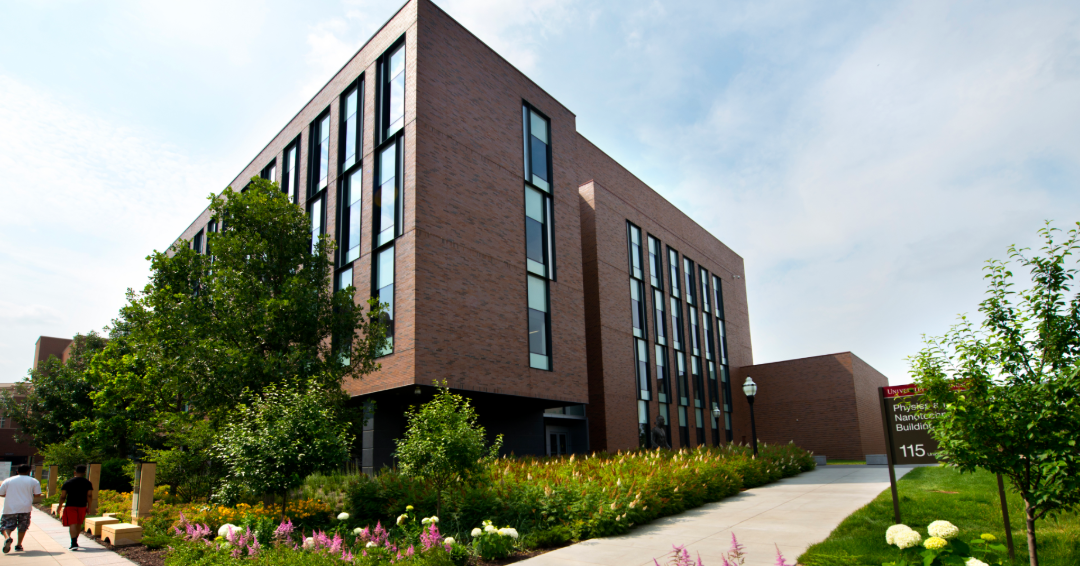TLI, Minnesota Nano Center Announce $100,000 Grant for Semiconductor Program Development

The University of Minnesota’s Technological Leadership Institute and the Minnesota Nano Center today announced a new $100,000 grant for the Minnesota Semiconductor Manufacturing Consortium (MSMC). The additional funding comes from partnerships with the Minnesota Department of Employment and Economic Development (DEED), consortium members, and the University of Minnesota’s Office of Distributed Learning. The grant will facilitate the creation of seven additional learning modules focusing on microdevice fabrication. Topics covered will include microelectromechanical systems, finite element analysis, electroplating, and trends in emerging devices.
"This extraordinary financial commitment is the result of a good deal lot of hard work, as well as an unprecedented level of cooperation between these entities," said Dr. Travis Thul, Operations Director for TLI. "The educational infrastructure will be as critical to the success of future semiconductor manufacturing in Minnesota as any brick-and-mortar component. The power of this consortium is already proving to be remarkable."
“The Minnesota Nano Center has been pleased to support this expansion of technology training opportunities,” said Dr. James Marti, senior scientist and outreach coordinator for the Nano Center. “We see improved training for microelectronics workers as essential to maintaining our region, and our nation, as centers of technology innovation.”
This partnership was made possible in part through a DEED funded consortium grant, with signatories Honeywell, Seagate, and Medtronic. Most notably, Seagate and Medtronic are new consortium members who are joining past consortium members Raytheon’s Collins Aerospace, Honeywell, and Polar Semiconductor. The new content will be designed to augment an initial delivery of 10 training modules developed in late 2023. That initial content was delivered to over 60 employees from across Minnesota's semiconductor technology cluster, with the first students completing the content in April of 2024.
“I’m very excited that we are able to continue providing this short course for our industry partners,” said Dr. Seth Nfonoyim-Hara, guest instructor for the University’s program. “In addition to the modules created last year, we are building additional modules in response to the specific technologies used by our new and continuing industry partners.”
“As an engineer in the healthcare industry, I'm particularly excited to be creating an introductory module covering MEMS for medical devices. The semiconductor and MEMS industry is constantly evolving, growing, and developing,” he added.
“This financial commitment reflects the strong partnership between industrial, academic and government institutions that has fueled MNCEO’s extraordinary progress over a very short period of time,” said Dr. Allison Hubel, Director of TLI. “By coordinating our efforts we’re rapidly building new training and upskilling modules which are critical to the future of this industry in Minnesota.”
In addition to the asynchronous content, the University of Minnesota's Nano Center plays an integral role in building complementary hands-on laboratory sessions. These sessions are tailored to align with the asynchronous modules: once students complete the remote content, they are able to directly experience the technology in-person at the Nano Center through lab sessions. The combination of remote asynchronous coursework, combined with practical experience, maximizes the impact education has on Minnesota's microfabrication workforce.
For more information about the The Minnesota Semiconductor Consortium and its industrial partnership program, contact TLI at info@tli.edu.